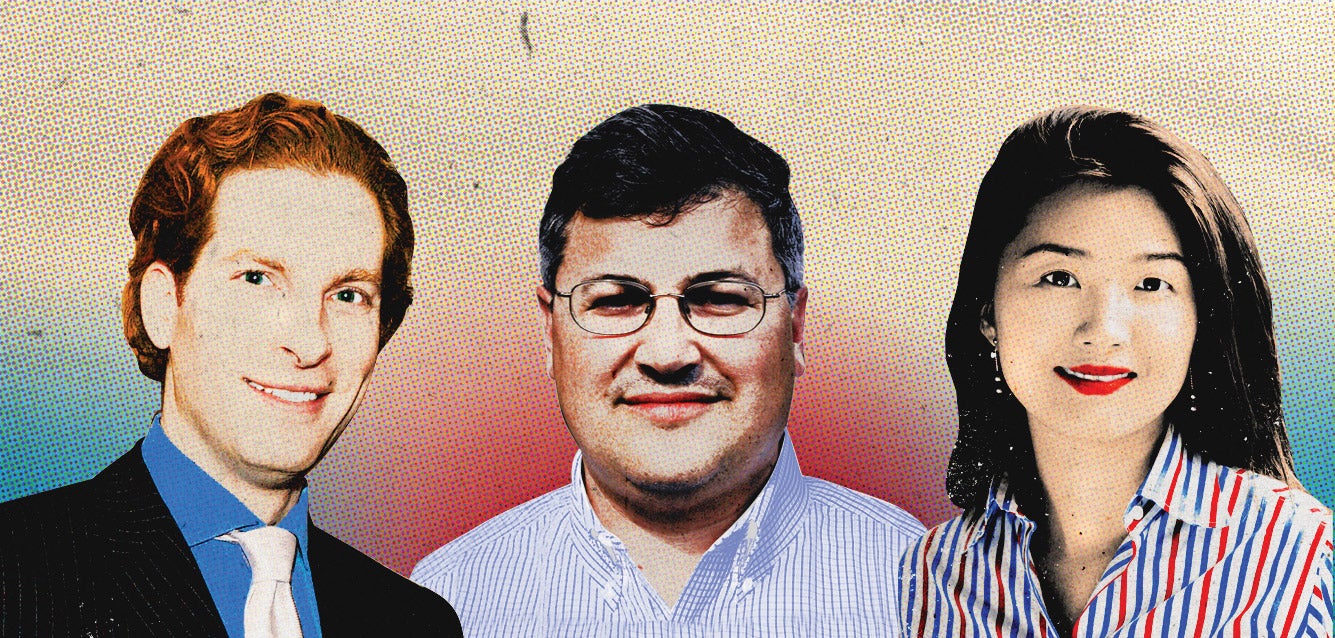Coming of Age with Clarence
Assistant Professor Jeannie Suk ’02
The Wall Street Journal, Oct. 12
“If the metric we are using is the abuse of power by male bosses against female employees, how is it that Justice Thomas has fared so badly while Mr. Clinton seems to have fared relatively well since he left office? … Even today, it is extremely common to hear liberals talk about Justice Thomas as a sexual harasser who should not have been confirmed, and about President Clinton as a victim of our country’s fanatical sexual morality. One need not be soft on sexual harassment to realize, after 16 years, that our country put Clarence Thomas through hell on the basis of accusations that don’t approach the sexual allegations that we have rightly allowed to recede into the background of Bill Clinton’s distinguished career.”
Democratosis
Professor Noah Feldman
The New York Times Magazine, Oct. 7
“The problem is that our support for dictators in some countries tends to undermine our ability to encourage democracy elsewhere, because it sends the message that we may change our tune the moment an immediate interest alters our calculations. The monks of Yangon have put their lives on the line; if our embrace of their cause is conditional on, say, our not needing any favors from the ruling junta this week, why should they trust us? Double standards are not merely hypocritical, but something much worse in international affairs: ineffective. Under these circumstances, the best option is to pursue a chastened version of the democratization doctrine—one that makes no exceptions for friends while also recognizing that building durable institutions may do more good than holding snap elections.”
The Terrorists’ Court
Professor Jack L. Goldsmith and Georgetown Law Professor Neal Katyal
The New York Times, July 11
“The two of us have been on opposite sides of detention policy debates, but we believe that a bipartisan solution that reflects American values is possible. A sensible first step is for Congress to establish a comprehensive system of preventive detention that is overseen by a national security court composed of federal judges with life tenure. Such a court would have a number of practical advantages over the current system. It would operate with a congressionally approved definition of the enemy. It would reduce the burden on ordinary civilian courts. It would handle classified evidence in a sensible way. It would permit the judges to specialize and to assess over time the trustworthiness of the government and defense lawyers who appear regularly before them.”
